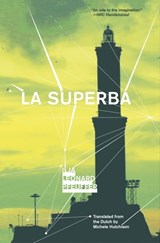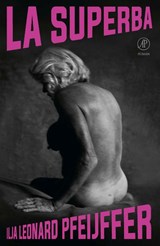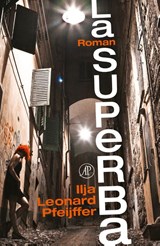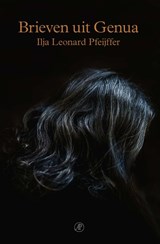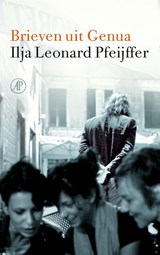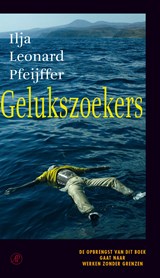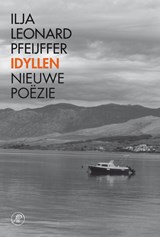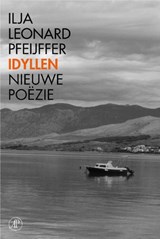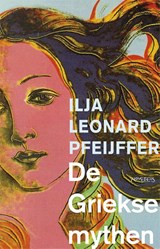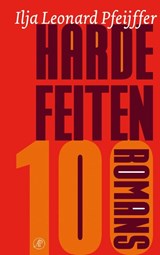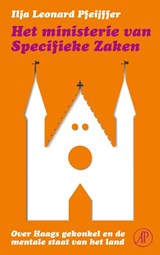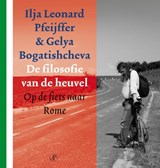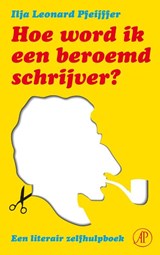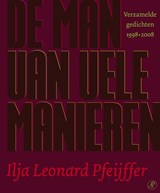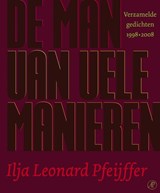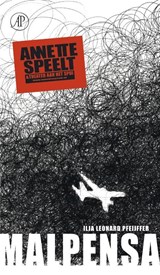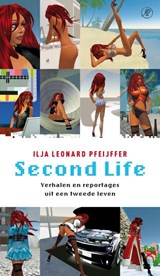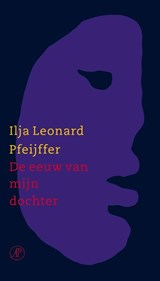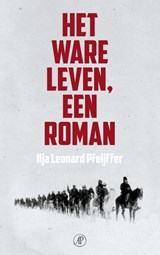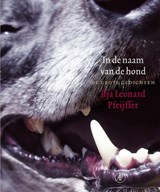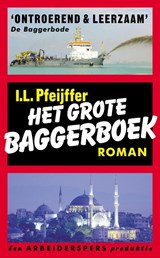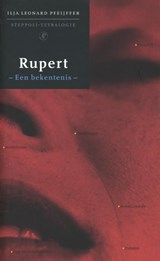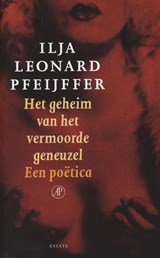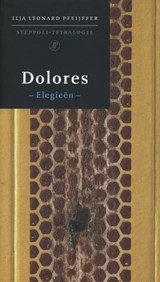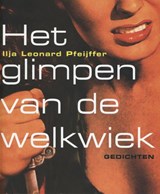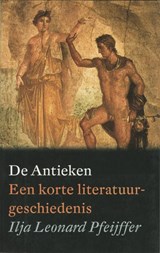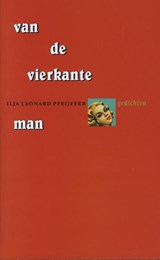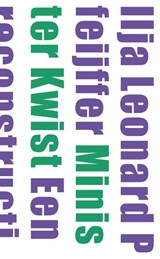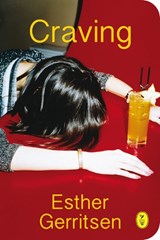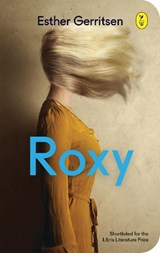Michele Hutchison on the Tzum Prize winning sentence of Ilja Leonard Pfeijffer's La Superba
31 maart 2016A master of language, Ilja Leonard Pfeijffer's autobiographical novel La Superba about migration, illegal and legal, in Genoa tells the story of Europe today.
Deze maand verscheen de Engelse vertaling van Pfeijffers met de Libris Literatuurprijs bekroonde roman La Superba. We vroegen Michele Hutchison haar vertaling toe te lichten.
When I was just starting out as a literary translator, and before I was fully aware of the complexities of literary translation, I foolishly embarked on a translation of Pfeijffer’s debut Rupert. As rights manager, I’d sold World English rights to small press Open Letter and all the established translators had turned the job down. The first line of Rupert was something to get your teeth into - Er scheen zon die tegenviel. My copy is covered in versions of this line in English, none of which I was satisfied with. In the end I played it safe: A disappointing kind of sun was shining.
Genoa
After I’d painstakingly finished my draft of Rupert , I boarded a plane to Genua – Ilja’s new home. I remember a crazy night on the tiles, countless Proseccos and Negronis, and sitting on the floor of an underground bar that had a river running through it. The next morning, bright as a button, Ilja took me to a sunny terrace and patiently answered all my textual queries. The conversation went something like this:
Me: ‘I thought this paragraph was Homer, but I re-read his entire oeuvre and couldn’t place it. So I’ve just translated it myself.’
Ilja: ‘It’s a pastiche of Homer. You’ve done quite well but didn’t you notice it was in iambic pentameter?’
After taking copious notes so I could return to the drawing board, it was time for a walking tour to clear my pounding head. Six years later I counted my blessings for having been on this trip since I’d landed the translation job I’d been chasing for a while, the epic La Superba. I still had vivid memories of my stay there, and even of hanging out with one of the book’s central characters – Don.
Tzum Prize sentence
While the style of Rupert had been difficult to translate, it was a fantastic foundation for applying myself to its big sister, La Superba. The first line didn’t pose too many problems: Het mooiste meisje van Genua werkt in de Bar met de Spiegels. It became The most beautiful girl in Genoa works in the Bar of Mirrors. But there were other problems – a line in the book had won the Tzum Prize:
Het was het witte uur na het middagmaal, de blanke pagina waarop hooguit iets met potlood wordt gekriebeld in geheimschrift, iets om onmiddellijk weer uit te gummen zodra de rolluiken omhoog worden getrokken en het leven opnieuw zwart op wit een aanvang neemt met bonnetjes, bestellingen en bezwaarschriften.
It was the white hour after lunch, the blank page upon which some secret language could be scribbled in pencil, something that should be rubbed out again instantly as soon as the shutters were raised and life started again in black and white with profits, proceeds, and protests.
My general tactic throughout the book was to try to stick to the spirit of the original: playful, inventive and alliterative. It meant not trying to normalize the prose, though at times I did have to simplify slightly to maintain a natural flow. My translation of the above line loses ‘hooguit’. In the Dutch it suggests the possibility of nothing being written on the blank page of an empty hour, an hour for languishing. Yet in English if you include ‘at the most’ or ‘no more than’, the line becomes awkward and overloaded, especially since the next clause runs with the idea of the secret language having been written and then erased. Hooguit sits naturally in the Dutch sentence, a compact word like 'haast' or 'bijna'. I see it as a kind of built-in hedging, whereas English tends to be more precise.
If there were to be an English Tzum prize, there are any number of sentences which work better in my translation than this particular one. As usual, there is not a word-for-word transfer of beauty from Dutch to English; I just have to trust it has been compensated elsewhere in my attempt to mirror Pfeijffer’s style throughout.
Michele Hutchison vertaalde werk van Ilja Leonard Pfeijffer, Esther Gerritsen, Tom Lanoye, Joris Luyendijk en Simone van der Vlugt.



